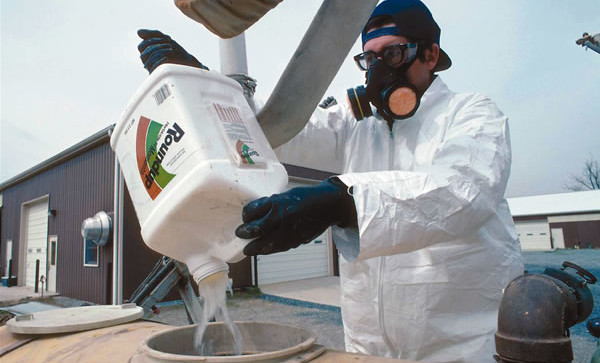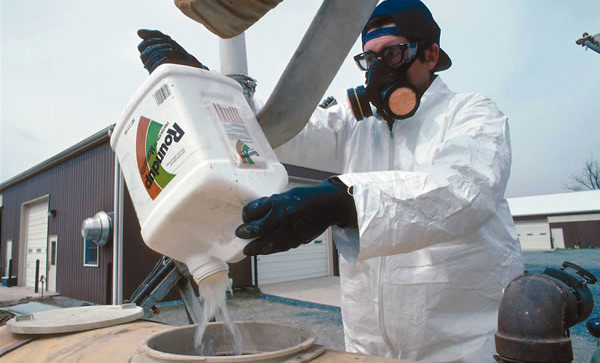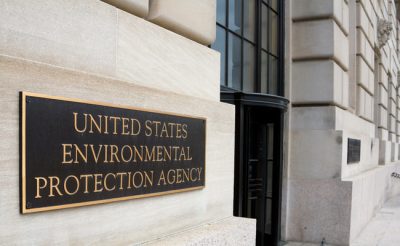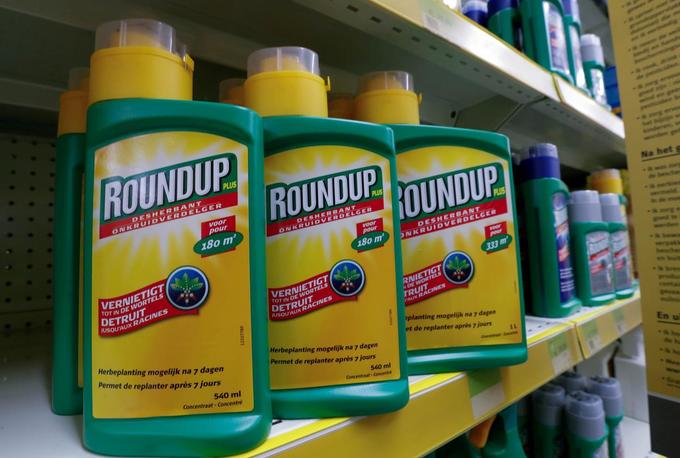CBAN - Aug 22, 2019 - Lucy Sharratt
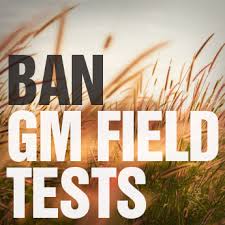
Proposed Monsanto corn tolerates four herbicides
Ottawa, August 22, 2019. Canadian civil society groups the Canadian Biotechnology Action Network (CBAN) and Prevent Cancer Now (PCN) are calling for a review of the use of genetically engineered (genetically modified or GM) herbicide-tolerant crops in Canada, in response to Monsanto’s request for government approval of a GM corn that can withstand applications of four herbicides, including 2,4-D and dicamba.(1)
“This proposed GM corn demonstrates the breakdown of herbicide-tolerant crops,” said Lucy Sharratt of CBAN. “GM glyphosate-tolerant crops are no longer working due to the spread of glyphosate resistant weeds so companies are replacing them with GM crop plants that are tolerant to other herbicides. This is a short-term fix that will likely recreate the problem and further increase herbicide use. A government review of the impacts of using herbicide-tolerant crops is needed.”
Over twenty years, herbicide-tolerant cropping systems have not reduced herbicide use in Canada as promised. Instead, herbicide sales have gone up and the use of herbicides has led to the development and spread of more herbicide resistant weeds, particularly glyphosate resistant weeds, which are in turn leading to the use of yet more herbicides.
Monsanto’s new proposed corn MON 87429 (now owned by Bayer) is the first GM crop plant to be tolerant to both 2,4-D and dicamba. Most herbicide tolerant crop plants on the market are now tolerant to more than one herbicide. MON 87429 is genetically engineered to tolerate four herbicides: dicamba, 2,4-D, quizalofop, and glufosinate.
“In the escalating weed wars, as herbicide use is increasing the industry is returning to hazardous chlorinated chemicals such as 2,4-D, dicamba and quizalofop,” said Meg Sears, Chair of PCN. “Returning to multiple older herbicide formulations can put farmers and consumers at risk.”
In comments to the Canadian Food Inspection Agency, CBAN and PCN call for comprehensive review of the environmental, health and economic impacts of using herbicide-tolerant crops in Canada.
“We need to evaluate the impacts of the whole system, not just assess individual products one by one,” said Sharratt.
Herbicide tolerant crops are designed to survive sprayings of particular pesticide formulations. Approvals of genetically engineered herbicide-tolerant crops since 1995 have led to a predominance of herbicide-tolerant cropping systems in corn, canola, soy and sugarbeet production in Canada. These systems are reliant on patented GM seeds and the accompanying brand-name herbicide formulations. Almost 100% of all the GM crops grown in Canada are genetically engineered to be herbicide-tolerant.
“A national pesticide-reduction strategy is urgently needed, to support biodiverse, resilient ecosystems and help transition to sustainable agriculture in the face of climate change,” said Sears.
-30-

